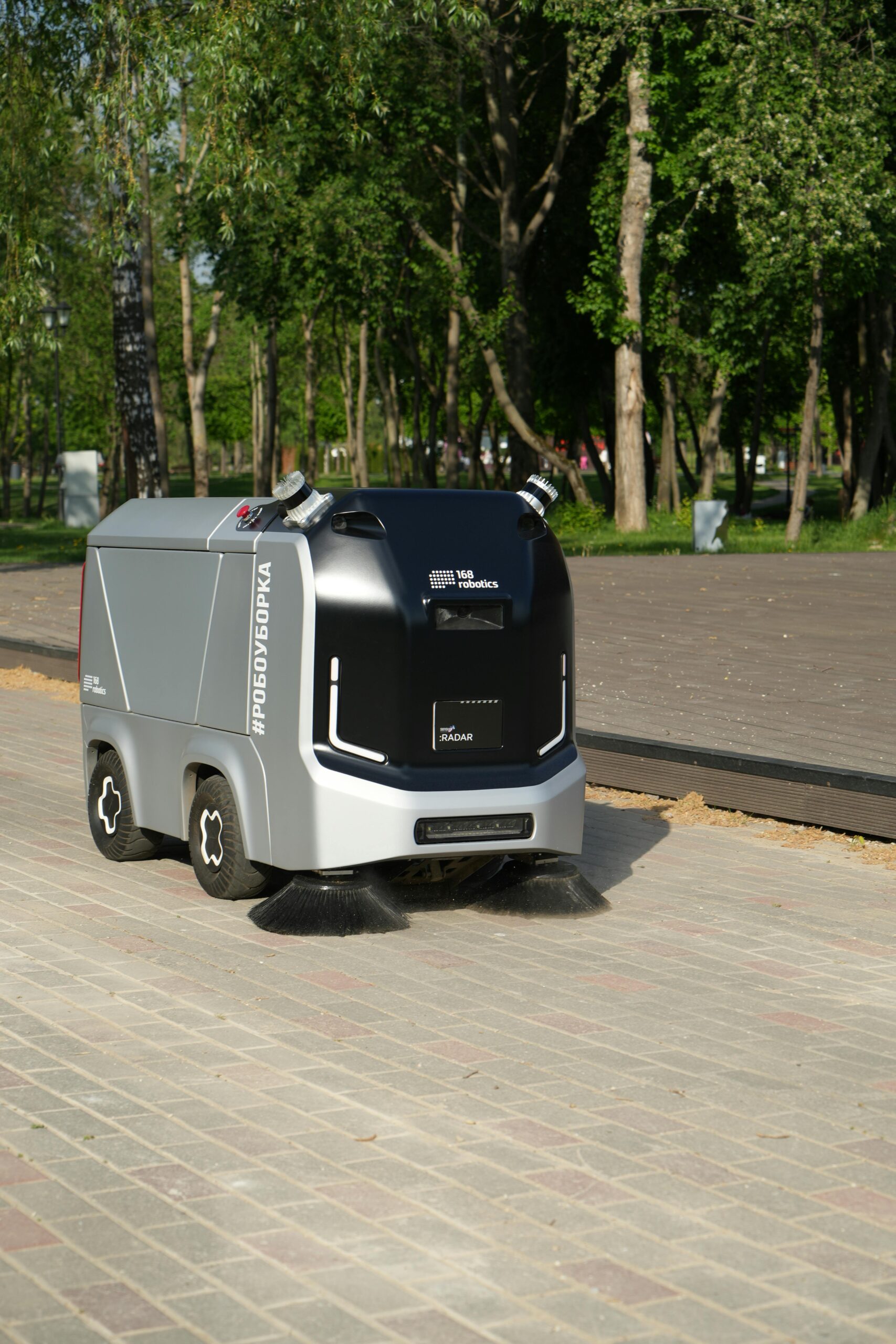Autonomous Driving and Enthusiasts: Can Self-Driving Cars and Car Culture Coexist?
The rise of autonomous driving is one of the most revolutionary shifts in automotive history. Tech companies and automakers alike are racing toward a future where cars can navigate themselves with little or no human input. For commuters, this promises convenience and safety. But for car enthusiasts—those who live for the thrill of shifting gears, tuning engines, or carving through back roads—autonomous cars raise a critical question: can self-driving technology coexist with car culture, or will it replace it?
Contents
The Promise of Autonomous Vehicles
Self-driving technology isn’t just about novelty—it’s about transforming mobility. Advocates point to several benefits:
- Safety: Human error causes the majority of accidents. Autonomous systems, powered by sensors and AI, could reduce fatalities.
- Efficiency: Cars that communicate with each other could reduce traffic jams and shorten commute times.
- Accessibility: Elderly and disabled individuals could gain newfound independence.
- Convenience: Imagine working, reading, or relaxing while your car handles the drive.
For the everyday commuter, these benefits are appealing. But for drivers who see cars as more than just transportation, autonomy feels like a threat to passion.
Why Enthusiasts Worry
Car culture has always been about control, connection, and individuality. From vintage restoration to custom turbo builds, enthusiasts value the tactile experience of driving. Autonomous cars challenge that identity in several ways:
- Loss of Control: If cars handle all the driving, what happens to the joy of spirited weekend drives or track days?
- Homogenization: Enthusiasts fear a bland future where cars look and feel more like appliances than expressions of personality.
- Regulation Concerns: If autonomous systems prove safer, governments may restrict or heavily regulate manual driving on public roads.
Finding Common Ground
Despite the tension, there are reasons to believe enthusiasts and autonomous tech can coexist.
- Dual-Mode Vehicles
Some manufacturers are exploring cars with both autonomous and manual driving modes. Picture a car that handles traffic during the week but allows full driver control on weekends. - Track and Recreation
Enthusiast culture may shift further toward tracks, off-road parks, and designated zones for manual driving. Much like horse riding today, driving could evolve into a passionate hobby rather than a daily necessity. - New Forms of Customization
As cars become more software-driven, customization may expand into coding, software tuning, and augmented reality experiences—blending traditional performance mods with digital innovation. - Collector Value
Vintage and performance cars may become even more coveted as symbols of freedom in a largely autonomous world. Restorers and collectors could see their passion grow, not shrink.
Early Signs of Coexistence
Some brands are already testing this balance. Porsche has stated it wants to keep the driver at the center of its cars, even while adopting autonomous safety features. Tesla’s Autopilot and GM’s Super Cruise show how automation can handle tedious highway stretches, while leaving enthusiasts free to enjoy the rest.
Enthusiast communities, too, are adapting—hosting discussions on how to blend modern tech with classic builds, or experimenting with semi-autonomous mods in custom projects.
The future of autonomous driving doesn’t have to spell the end of car culture. While daily commuting may shift toward hands-free convenience, the love of driving, tuning, and restoring will endure. Enthusiasts will continue to seek the visceral joy of controlling a machine, even if that joy becomes more niche or recreational.
Instead of a battle between man and machine, the future could be a partnership: autonomous cars for practicality, and human-driven machines for passion. After all, car culture has survived every technological shift so far—from fuel injection to EVs. Self-driving tech may be the next big challenge, but it won’t erase the love of the open road.

